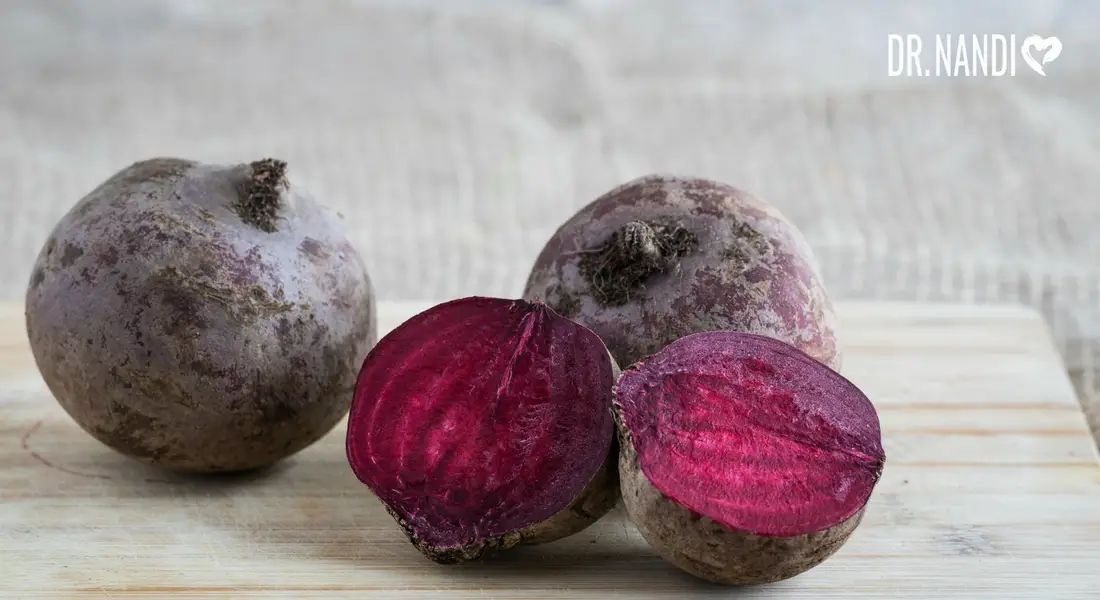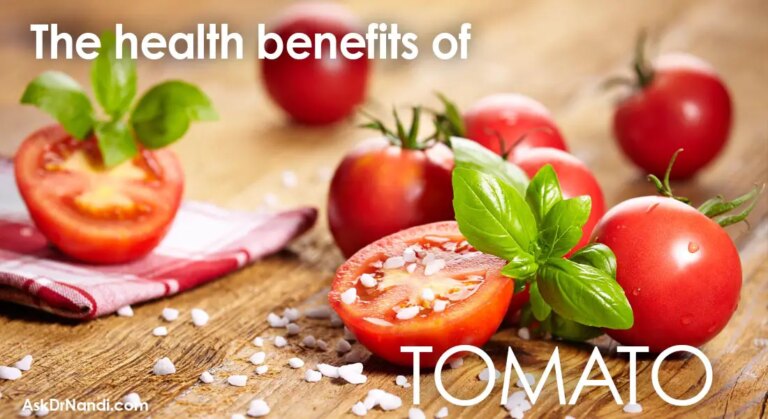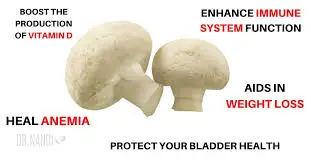Beets or beetroots have a long history and date back to ancient times. The first sign of cultivating beets dates back nearly 4,000 years ago in the Mediterranean. Beetroot has grown across the world. Beets have been associated with sexuality and used as an aphrodisiac in some ancient cultures. Beets have long been used as a source of sucrose and have become a replacement for tropical sugar cane.
Heart Health
Studies have shown that the fiber found in beets aids in the reduction of cholesterol and triglycerides by increasing HDL cholesterol which is known as “good” cholesterol. High levels of triglycerides increase the risk of heart-related issues. Beets contain a nutrient called betaine which is known to lower homocysteine levels in the body, which is bad for blood vessels. Beetroot has been found to help prevent atherosclerosis, heart attacks, and strokes. One recent study found that consuming beet juice helps to reduce blood pressure dramatically if consumed for one week. The fiber in beets also strips excess LDL cholesterol from the walls and helps eliminate it from the body quickly.
Help to Prevent Strokes
Beetroot is high in potassium, which is necessary for preventing stroke. Potassium is known as a vasodilator which means it helps to relax the blood vessels and reduce the blood pressure throughout the body. Potassium helps to reduce the blood pressure and open blood vessels and arteries, reducing the chance of blood clots forming. Studies are being conducted with promising results, which have found that the consumption of beets has a lasting effect on blood pressure. One study found that blood pressure will drop over 24 hours. Beets seem to have a naturally delaying impact which means the body can adjust instead of instantly lowering blood pressure at a dangerous speed.
Higher Energy Levels
Research has found that beets contain a high amount of carbohydrates that provide the fuel for energy. The carbohydrates found in beets are natural building blocks of energy metabolism and provide no adverse side effects, unlike other carbohydrate concentrated foods. Beets provide a good source of carbohydrates, which are needed to fuel the body and assist with critical metabolic reactions keeping the organ system functioning efficiently. A recent study found that participants who consumed beetroot had a higher oxygen uptake. Promising results found that the oxygen uptake was higher by over 15%, perhaps due to the high nitrate content. A higher oxygen uptake can increase stamina.
May Prevent Certain Cancers
Promising results have found that beets are good at preventing lung, colon, and skin cancer due to the pigment of betacyanins. This pigment is known to counteract the growth of cancer cells. A recent study found beet juice can inhibit cell mutation caused by the nitrates found in meats. These nitrates produce a compound called nitrosamine. Recently, Hungarian researchers showed that beet juice and a powdered form slowed down cancer tumor development. Nutritionists and researchers believe that adding beets to your diet may lower your risk of developing cancer.
Good for Your Eyes
Beets contain beta-carotene, which is known to help prevent cataracts that can cause blindness. Beta-carotene can reduce macular degeneration, which is common in older people. Vitamin A is a powerful antioxidant in the battle against eye disease. Beets contain lutein which plays an essential role in eye health. The greens of beets are a great source of lutein. Lutein is a carotenoid that assists in blocking out visible blue light, which is one of the major causes of light-induced damage to the eyes.
Health Risks of Beets
Eating beets may cause “beeturia,” the red or pink color found in the urine or stool. It is harmless. Beet greens contain high oxalate levels, which may help create kidney stones. Researchers suggest that if you are predisposed to oxalate-containing kidney stones, you should limit your consumption. Some researchers believe that eating large quantities of beetroot may contribute to gout.




















